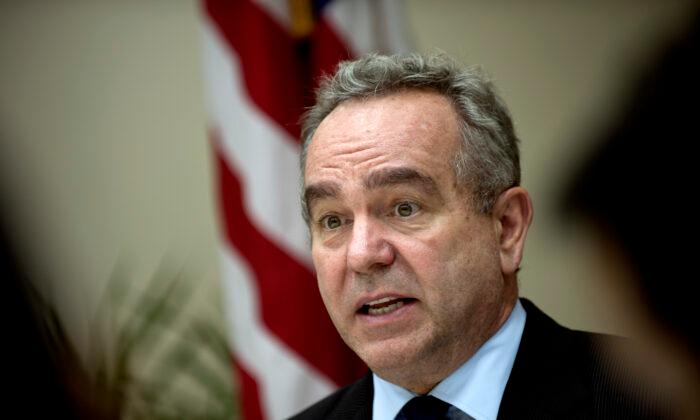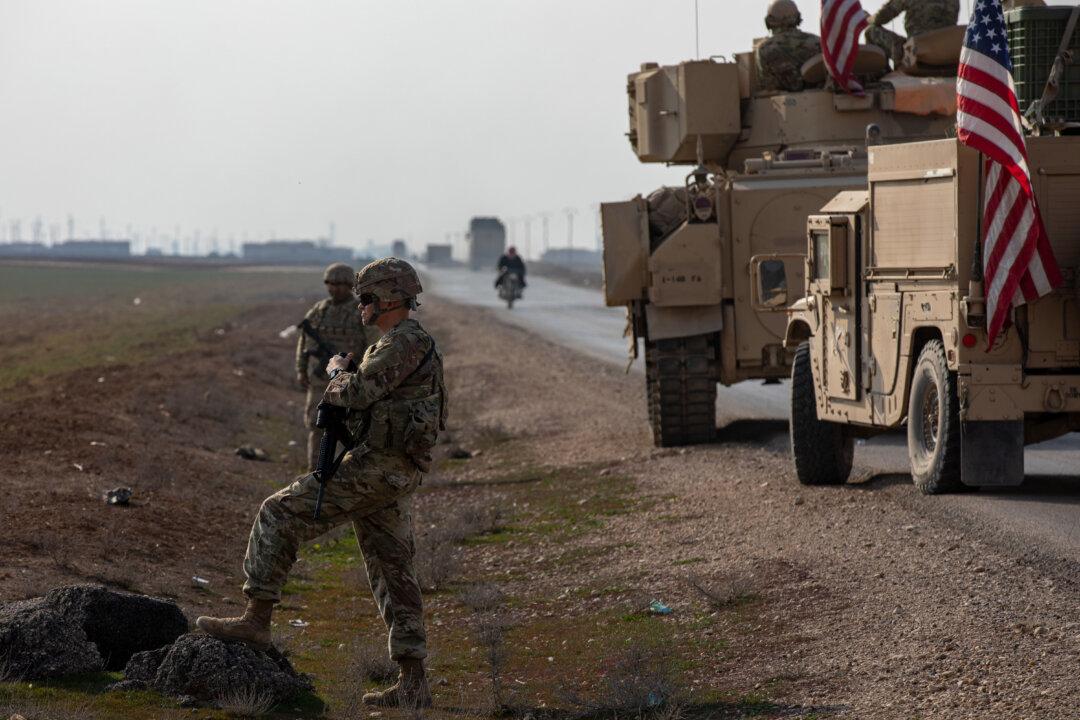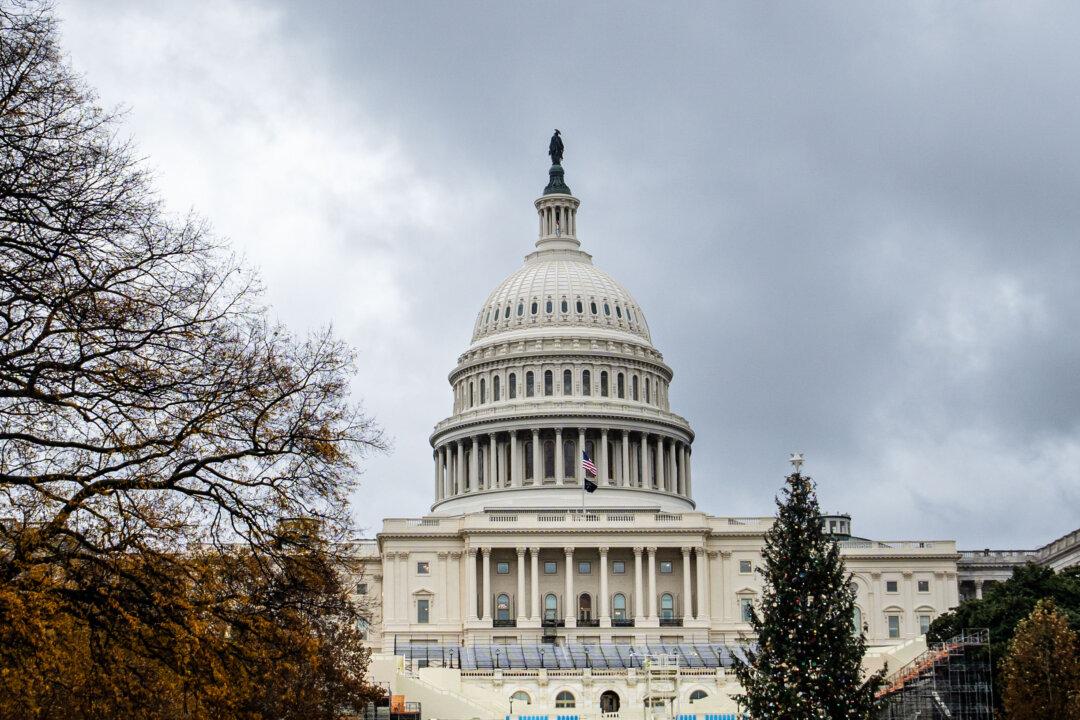The United States will work to coordinate new economic and security frameworks between its partners in European and Asian nations amid increased assertiveness by China, according to the seniormost Asia advisor at the White House.
“One of the important contributions of a steady and stable Indo-Pacific approach is to work more fundamentally with allies and partners,” said Kurt Campbell, White House Coordinator for Indo-Pacific Affairs.
Campbell said that there had been an “explosion of dialogue” from partners both in and out of the Indo-Pacific, following Russia’s invasion of Ukraine, and that new frameworks were being developed based on “shared strategic perspectives,” regarding the future of international cooperation throughout the world.
To that end, he said that the nations of Southeast Asia were looking to engage Europe even as European nations were looking to engage new partners throughout Asia, and that international leadership everywhere were comparing notes on the war in Ukraine in order to better mitigate similar crises from erupting in the Pacific.
“What I’ve been struck by is the level of engagement [from] Indo-Pacific countries around issues associated with Ukraine and Europe,” Campbell said.
“What we have seen are not efforts that are coordinated or directed by the United States. They are indigenous and they have taken on, in many respects, a life of their own.”
Among such efforts, Campbell said, were collaborative attempts to enforce SWIFT sanctions on Russia, and moves to provide alternative sources of natural gas, and deliveries of military equipment and humanitarian support to Ukraine.
There were “deep discussions” ongoing, Campbell said, which sought to bridge European and Asian efforts to engage with partners across the domains of business, technology, and military issues.
As such, Campbell said that the United States was in conversation with partners throughout the region concerning a recent security deal between China and the Solomon Islands, as well as efforts to maintain the status quo with Taiwan in the face of CCP vows to unite it with the mainland.
“We have a profound interest across the board in peace and stability across the Taiwan Strait,” Campbell said.
The CCP maintains that Taiwan is a breakaway province of China, though Taiwan has been self-governed since 1949 and has never been under the control of the CCP.
All of this reflects a growing belief that it is the Indo-Pacific that will determine the trajectory of the global order in the decades to come, Campbell said.
“The larger, more fundamental challenges for the 21st century really lay in the Indo-Pacific region,” Campbell said.
“My biggest responsibility is to make sure that strategic frameworks are more aligned between the leadership in Asia, Europe, and the United States.”
To that end, Campbell said that there was “a strong sense of bipartisan commitment” to developing new frameworks for Indo-Pacific engagement in the coming years. But, he added, the question remained as to whether that support could be sustained?
“It will be essential over time to build out those frameworks,” Campbell said.
“I think this is one of those times where we have a rare alignment, and what’s most important is to seize this moment.”





